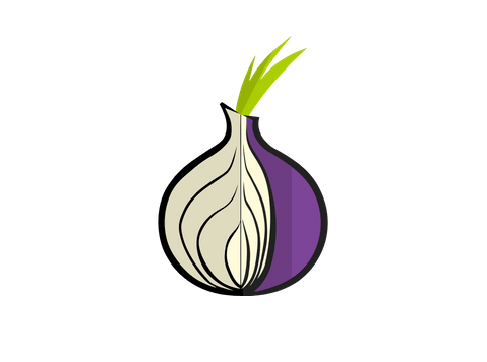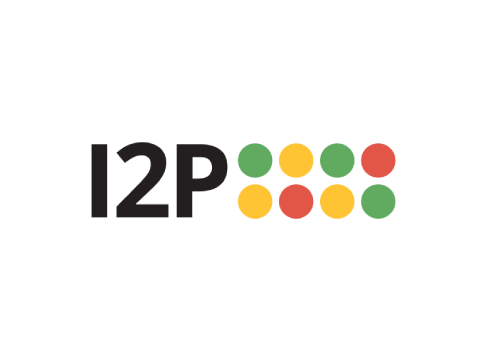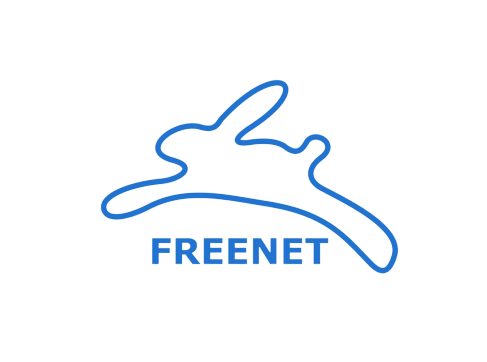
Tor Network
Decentralized
Most Popular
Open Source
Tor, short for The Onion Router, enables anonymity. It directs Internet traffic through a worldwide, volunteer overlay network, consisting of more than six thousand relays, for concealing a user's location and information.
Notes:
Do not change your Tor Browser Configuration (outside of security levels), or else you will make yourself stand out from other Tor Users.
All Tor users should keep the default configuration so that everyone has a common fingerprint and cannot be uniquely identified. This also means you should not add any extensions to your Tor Browser.

I2P Network
Decentralized
Open Source
The Invisible Internet Project is an anonymous network layer that allows for censorship-resistant, p2p communication. Anonymous connections are achieved by end-to-end encrypting the user's traffic & sending it through relays.
Notes:
I2P hides the server from the user and the user from the server. All I2P traffic is internal to the I2P network. Traffic inside I2P does not interact with the Internet directly. It is a layer on top of the Internet.
It uses encrypted unidirectional tunnels between you and your peers. No one can see where traffic is coming from, where it is going, or what the contents are. Additionally I2P offers resistance to pattern recognition and blocking by censors. Because the network relies on peers to route traffic, location blocking is also reduced.

Freenet
Decentralized
Open Source
Freenet is a p2p platform for censorship-resistant communication. It uses a decentralized distributed data store to transfer information, and has a suite of free software for publishing and communicating on the Web without fear of censorship.
Notes:
The Freenet network so far is clearly inferior in popularity to I2P and Tor. Essentially, at the moment, we recommend Tor, i2p, and MASQ over Freenet, but if for some reason you cannot use any of those, Freenet is not a bad option.
